Of the three major first-parties, Xbox is the one that feels like it’s changed the most when you compare it at the beginning of 2020 to the end. Xbox Series X was finally fully revealed and released, alongside its more economical partner in the Series S. Game Pass and xCloud are attempting to redefine the entire way we interact with our games. The most anticipated Xbox game of 2020 became the most anticipated Xbox game of 2021. The gap between Xbox and Sony’s first-party games was as wide as ever, but it’s clear that that’s going to change soon thanks to Microsoft’s unprecedented studio acquisitions. In fact, Xbox’s 2020 was less about what was contained in the year itself and more of a mission statement for the entire decade to come.
The road to Xbox Series X began in 2019, with the tease of “Project Scarlett” at E3, followed by the unveiling of the actual name and design of the console at The Game Awards in December 2019. However, COVID-19 threw a wrench in Microsoft’s 2020 plans, with events at GDC and E3 both canceled. Instead, we got a handful of blog posts and streams, including console specs being shown in March and a pair of digital events in May and July that showcased some of the games. The July showcase was particularly important for providing our first full look at Halo Infinite in action, and it’s where Microsoft’s launch strategy would ultimately pivot quite heavily.
In 2020, Sony seemed to deliver a major first-party game every other month or so, including Dreams, The Last of Us Part II, Ghost of Tsushima, Spider-Man: Miles Morales, and Demon’s Souls. And while Microsoft had a good year, it certainly couldn’t match Sony’s greatness. Aside from Ori and the Will of the Wisps, which remains one of the most beautiful and best-playing games of 2020, we saw a lot of smaller releases in the form of Battletoads, Grounded, Gears Tactics, Wasteland 3, and the wonderful Gears 5: Hivebusters mini-campaign. The PC front also offered Microsoft Flight Simulator, which was an absolutely astounding feat that Xbox owners will be able to experience in 2021. On their own, these games were all solid, but held alongside some of those massive games from Sony’s most talented first-party studios, it was a tough look for Xbox.
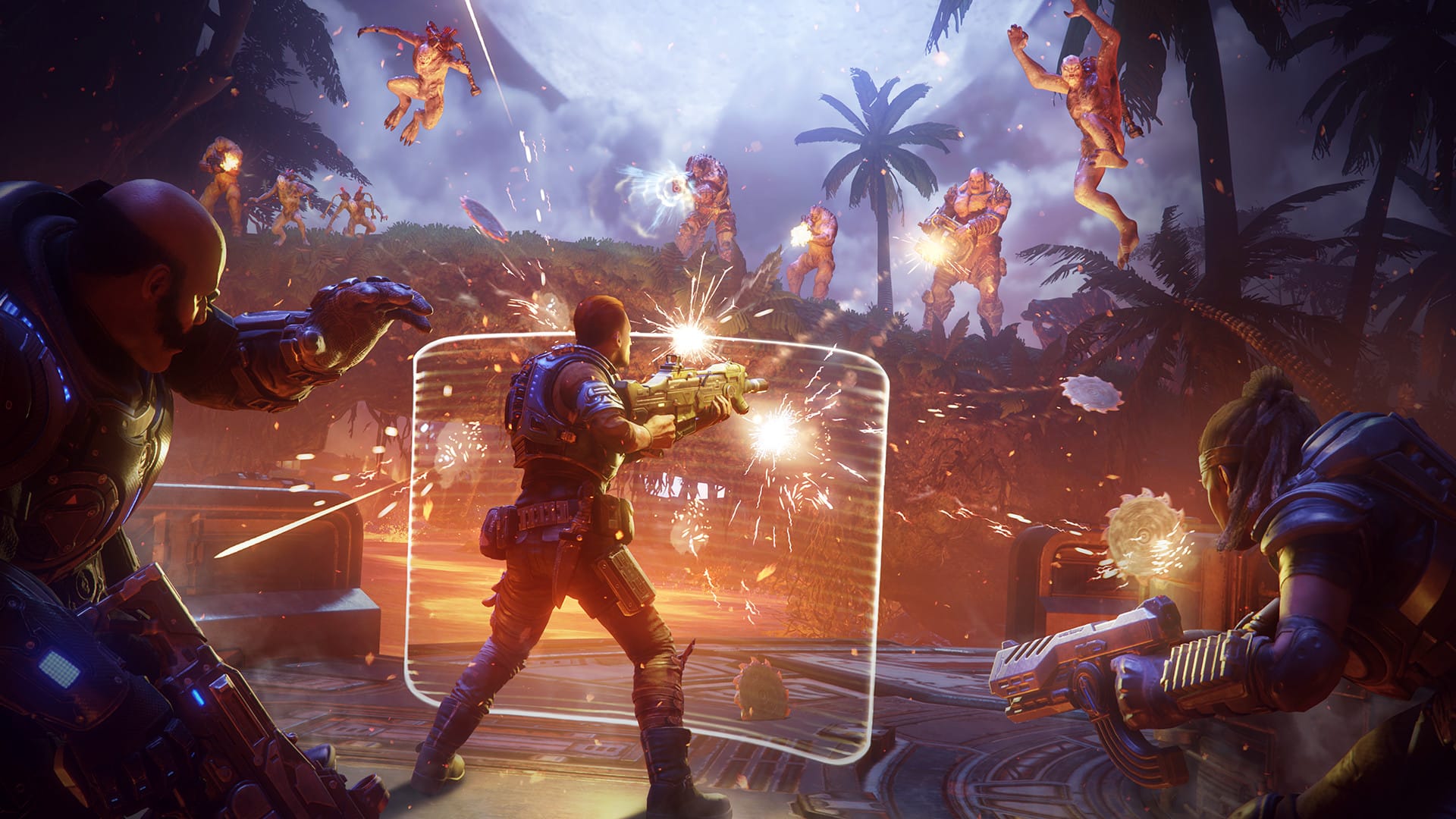
Of course, Halo Infinite was supposed to be Microsoft’s marquee game of 2020. The plan was for the cross-generational sequel to go back to the series’s roots when it hit alongside the launch of the new hardware in November. But after that July reveal, everything changed. While the demo showcased what was obviously real gameplay that hearkened back in all respects to the original Halo: Combat Evolved, the visuals were certainly lacking, none of it screaming “next-gen.”
Shortly after the demo came a pair of major announcements regarding Master Chief’s latest adventure. First was that the game’s iconic multiplayer would become free to play for the first time in series history. This felt like a direct response to how shooters have evolved in recent years, with Call of Duty: Warzone and Fortnite having such prominent success and mindshare. The second and much bigger announcement was that Halo Infinite would be delayed to 2021, leaving a pretty sizable gap in Xbox Series X’s launch lineup.
It’s clear now that the delay was the right move. Anyone who’s followed the past month of Cyberpunk 2077 drama knows that launching a highly anticipated game before it’s ready can cause a company to lose years of built-up goodwill. It’s also becoming increasingly clear that 2020’s global shift to remote work has heavily impacted development across the industry, as is evident by the delays of countless games over the past nine months, from some of 2020’s biggest games like Marvel’s Avengers, The Last of Us Part II, and Cyberpunk 2077, to anticipated 2021 games like Far Cry 6, Deathloop, and The Medium.
But throughout the tumultuous year, Microsoft had a string of huge wins not from individual games, but rather the bolstering of its growing ecosystem. This includes Project xCloud, which launched in September for Xbox Game Pass Ultimate subscribers and will continue to grow in 2021 on Apple iOS platforms and Windows PCs, which are two massive markets. This is part of Xbox’s growing strategy to democratize and decentralize the gaming experience, opening up next-gen gaming to a new audience of hundreds of millions of people. And at the core of this is Xbox Game Pass, which remains the best deal in gaming that’s only getting better thanks to Microsoft’s impressive acquisitions and partnerships.
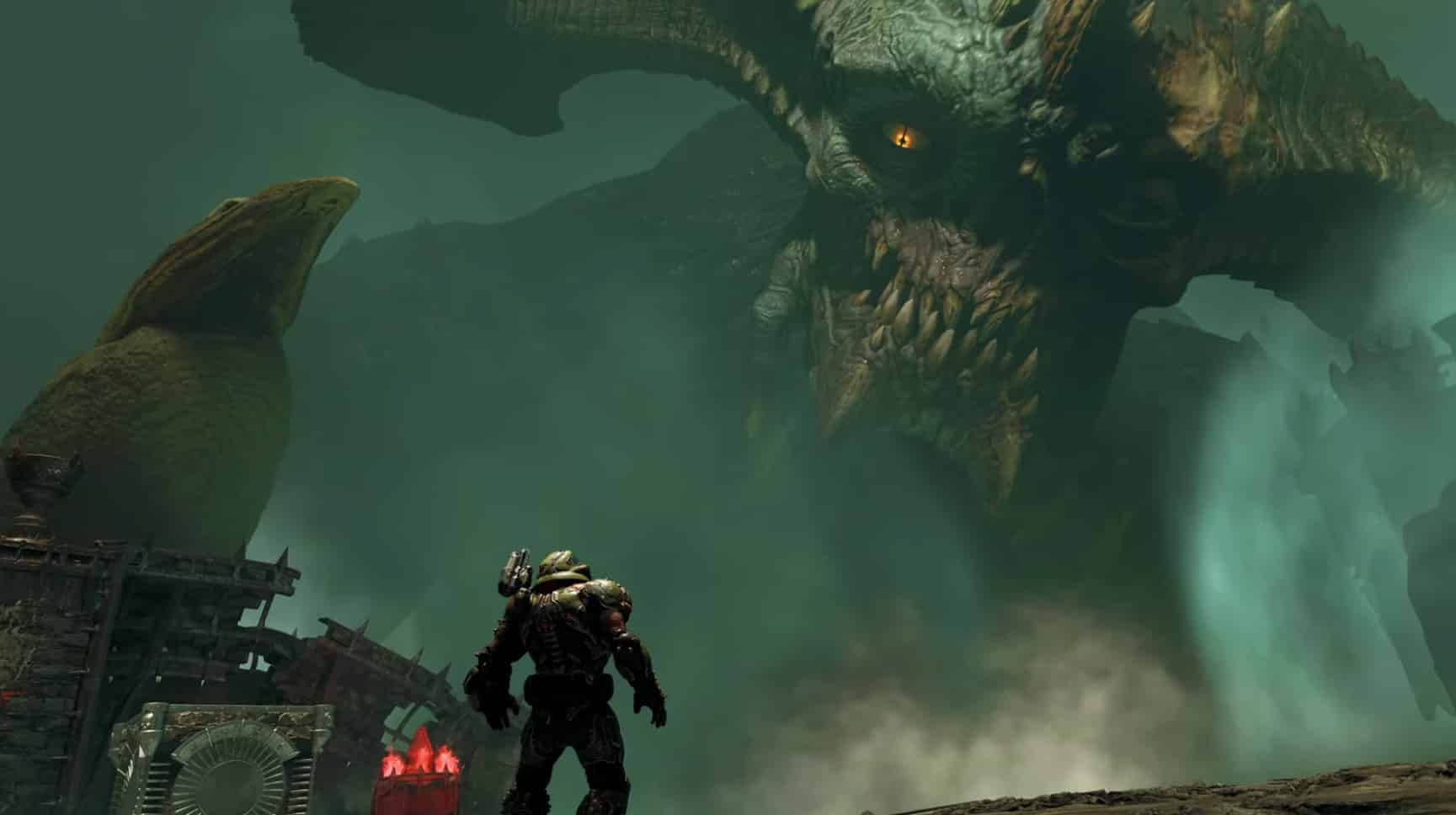
Microsoft’s done a wonderful job of fixing its first-party drought by acquiring a wealth of great studios over the past few years, including developers like Double Fine, Obsidian, inXile, and Ninja Theory. But none of those could prepare us for September, when arguably the biggest gaming news of 2020 hit when Microsoft entered into an agreement to acquire Zenimax Media, the parent company of Bethesda Softworks. This included not only Bethesda Game Studios and its properties like The Elder Scrolls, Fallout, and the upcoming Starfield, but also developers like Arkane, Tango Gameworks, MachineGames, and id Software, which are behind beloved franchises like Dishonored, The Evil Within, Wolfenstein, and Doom.
We still don’t know what this means for these games ultimately appearing on other consoles, apart from the fact that Deathloop and Ghostwire: Tokyo are still launching in 2021 as PlayStation 5 timed exclusives thanks to previous deals. All this aside, there’s a strong chance that some of the next games in the aforementioned franchises will be Xbox exclusives, timed exclusives, or feature some sort of Xbox-related exclusive content. The full ramifications of the deal are going to be felt throughout the next decade, especially considering that Xbox Game Pass promises to be the home of all Xbox Game Studios games on day one.
2020 additionally saw a handful of massive game announcements coming down the pipeline, including Playground Games’ long-rumored Fable reboot, The Initiative’s “AAAA” take on Perfect Dark, and Obsidian’s very Elder Scrolls-looking dark fantasy RPG, Avowed. It may have taken a few years, but we finally have a clearer view of what Microsoft’s growing corral of studios is working on.
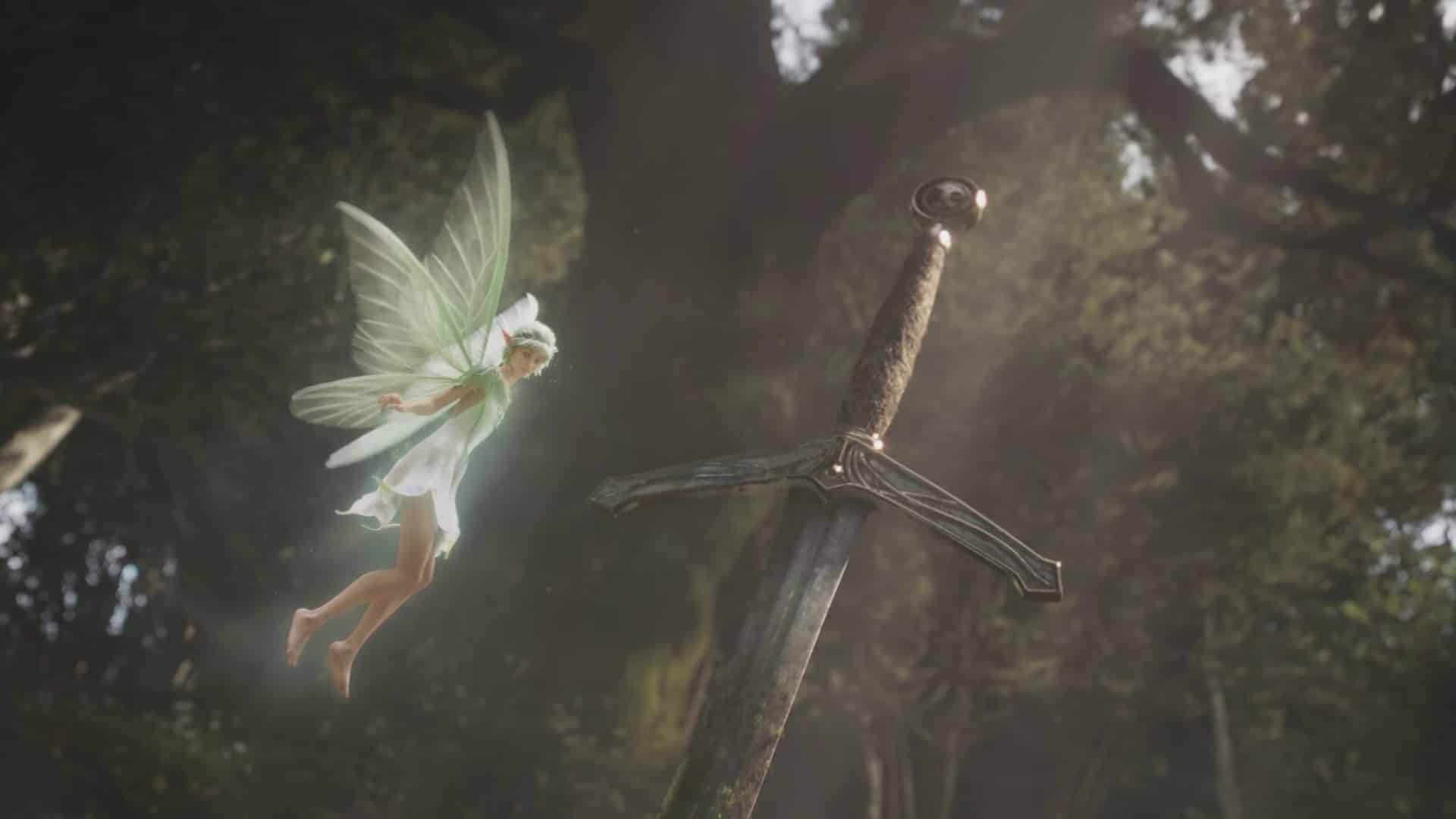
Aside from this wealth of new first-party studios and projects, Game Pass grew even further by partnering with EA Play, bringing games like Star Wars Jedi: Fallen Order to the service. Recent rumors have pointed to a similar partnership with Ubisoft+, which would once again dramatically increase the value of the already incredible service. Plus, Microsoft is still making it home to fantastic indie games and smaller titles on the day of launch, including Spiritfarer, Call of the Sea, Haven, Carrion, and Tetris Effect: Connected. Simply put, Game Pass is a must-have subscription for anyone who owns an Xbox and, with the growth of xCloud, millions of people who don’t. With all that said, Xbox Games with Gold kinda sucked in 2020 and is getting embarrassed by the free games offered on PlayStation Plus. With the new year, it’s probably time for Microsoft to sunset GWG and just focus on a singular service with Game Pass.
But obviously, the big Xbox event of 2020 came in November, with the release of Xbox Series X and S. Series S surprised me with how powerful it was for such a small, economic console. At $299, it’s such an incredible gateway to “next-gen” gaming, a fantastic second console, and an amazing conduit for Game Pass. Meanwhile, Series X feels like future-proof hardware that has me excited to see what assorted studios have in store once we get to the meat and potatoes of the console generation. Xbox Series X is powerful, quiet, and familiar. It doesn’t reinvent the wheel, but damn if it isn’t a nice-looking and functional wheel.
Microsoft announced that the new consoles had the biggest launch in Xbox history, with a majority of the sales going to the Series S. That said, we know that PlayStation 5 has outsold the new Xbox in the UK, which doesn’t actually mean much, except PS5 is also selling better on popular reseller websites. However, Nintendo Switch outsold both of the new consoles in November, making it the bestselling console for the 24th(!) straight month in the United States. Not a lot has changed from the last holiday season, but it feels like Microsoft is in a much better position than it was 365 days ago.
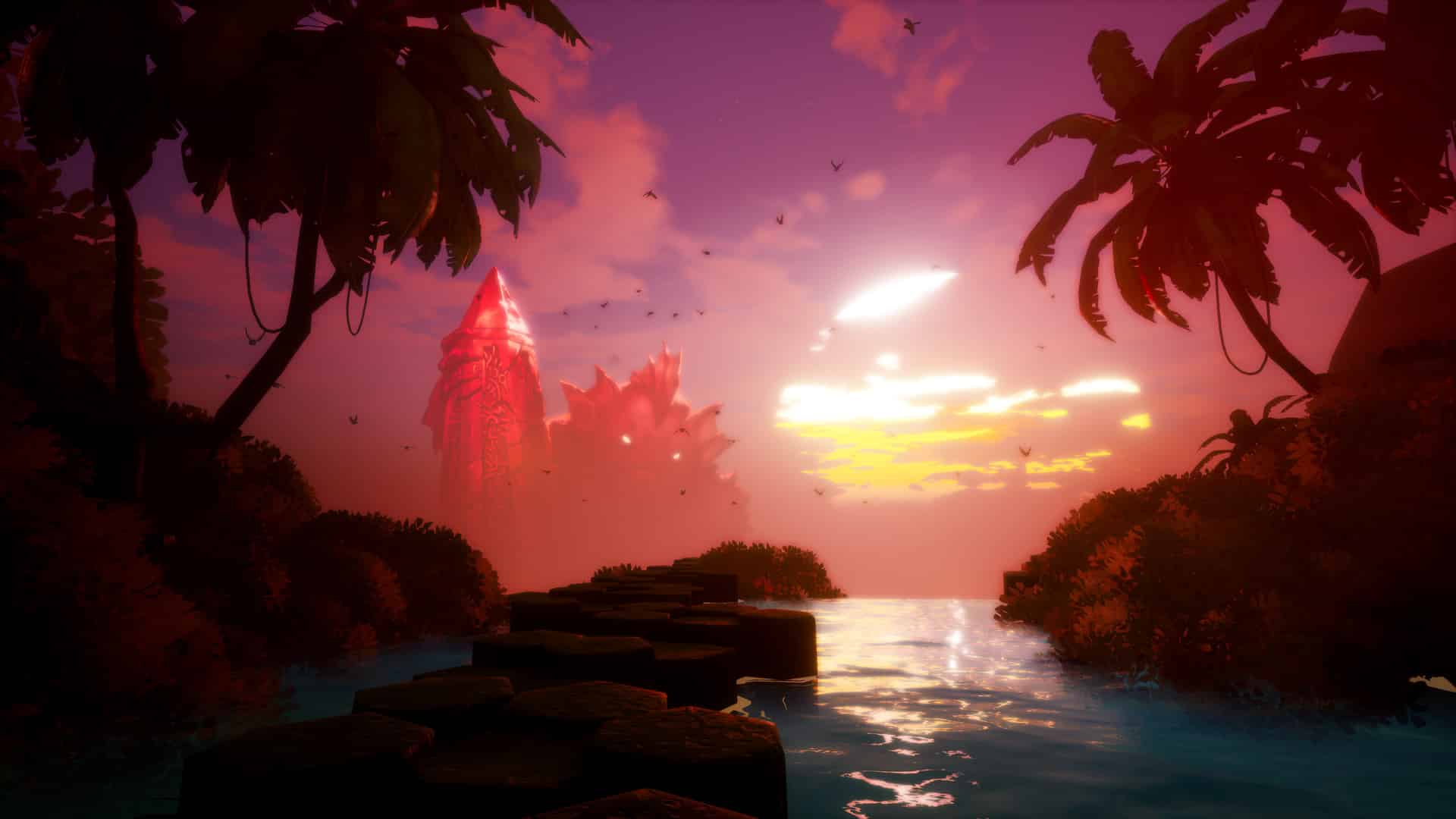
From a top-down view, Xbox Series X’s launch was lacking a killer next-gen exclusive like Demon’s Souls or something that showed off why the hardware was special like Astro’s Playroom did for PS5. In fact, two of my favorite experiences on my new Xbox have been Call of the Sea and Gears 5: Hivebusters, both of which came weeks after launch and to surprisingly little fanfare from Microsoft.
Anecdotally, when I’ve logged into my Xbox in the past month, most of my friends have been playing third-party games like Call of Duty: Black Ops Cold War, Fortnite, or Assassin’s Creed Valhalla, whereas I see plenty of my PS5 pals playing Demon’s Souls, Miles Morales, and Astro’s Playroom. I’m sure it also doesn’t help that Microsoft leaned heavily into Cyberpunk 2077’s marketing, which quickly transformed post-launch into companies releasing long statements and clarifying how people get refunds on the game.
Despite the relatively slight 2020 lineup, Xbox is poised to have an absolutely stellar next few years. From known quantities like Psychonauts 2, Halo Infinite, and Senua’s Saga: Hellblade 2, to games with impressive 2020 reveals like Fable, Perfect Dark, Ark 2, and Avowed, to the entire flock of Bethesda Softworks studios, the future of Xbox is looking bright. Paired with the incredible value of Game Pass and the tremendous potential that xCloud has to change the way we play games entirely, the sky is the limit for the next decade of Xbox.

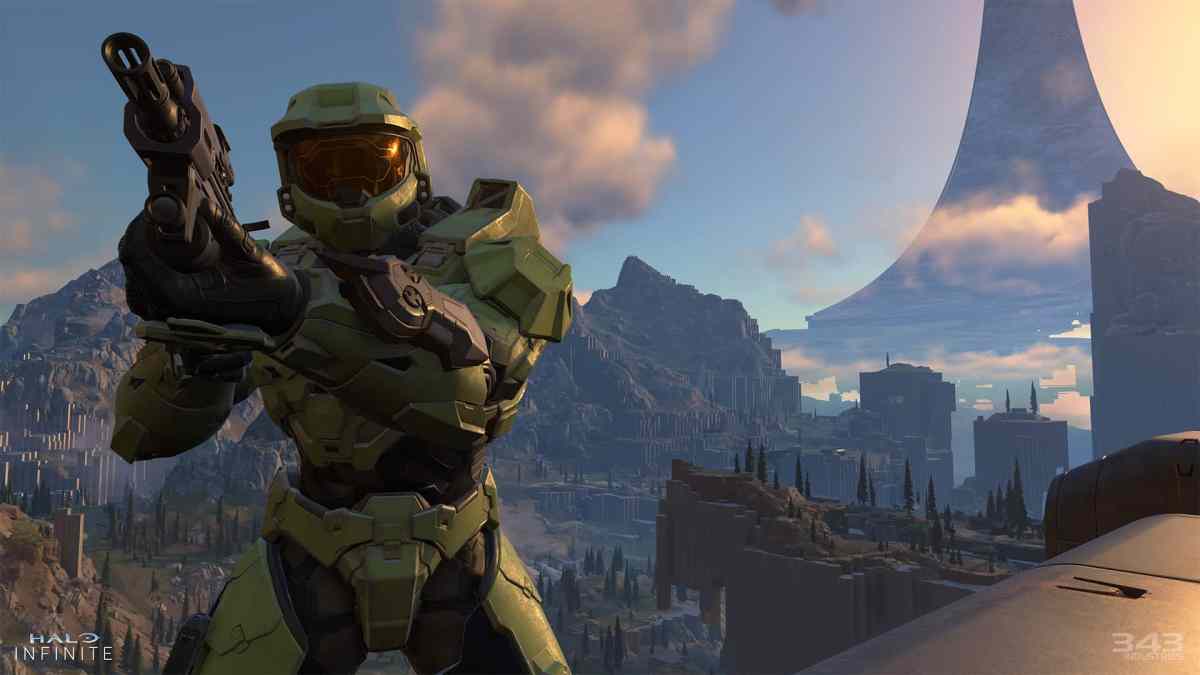




Published: Dec 31, 2020 01:00 pm